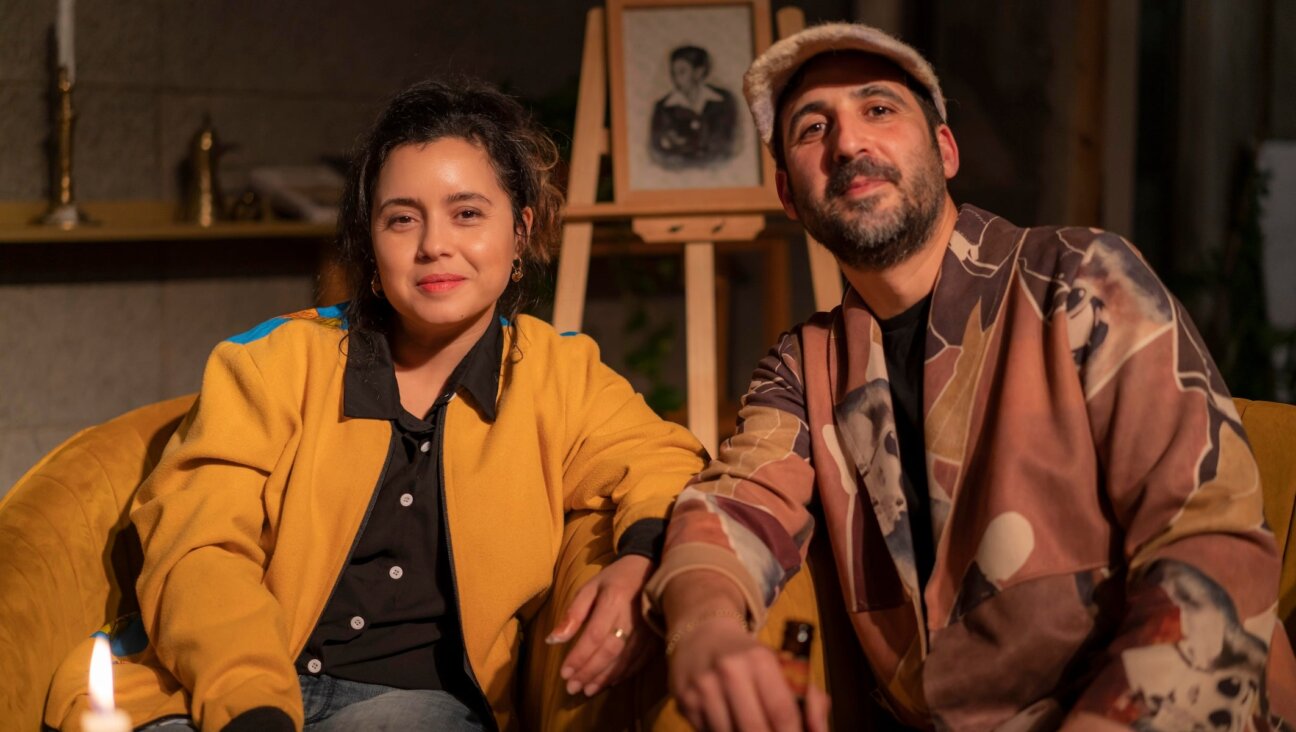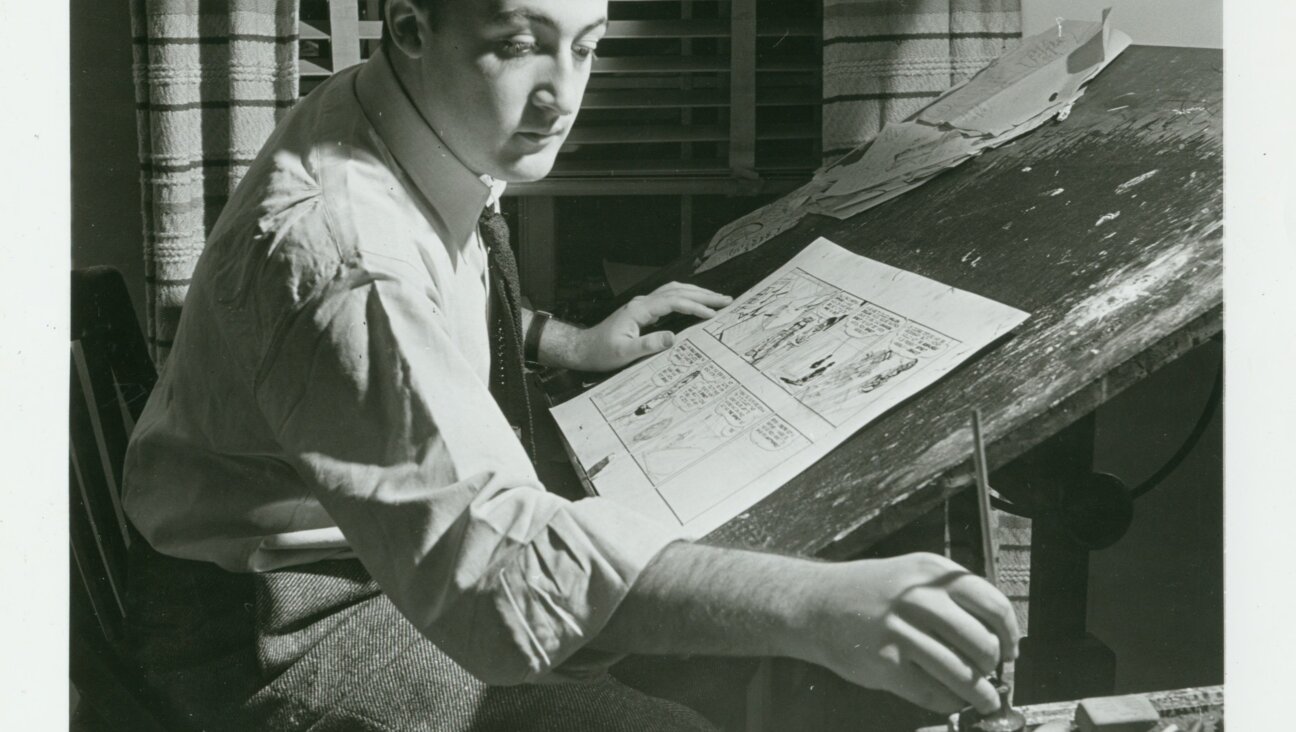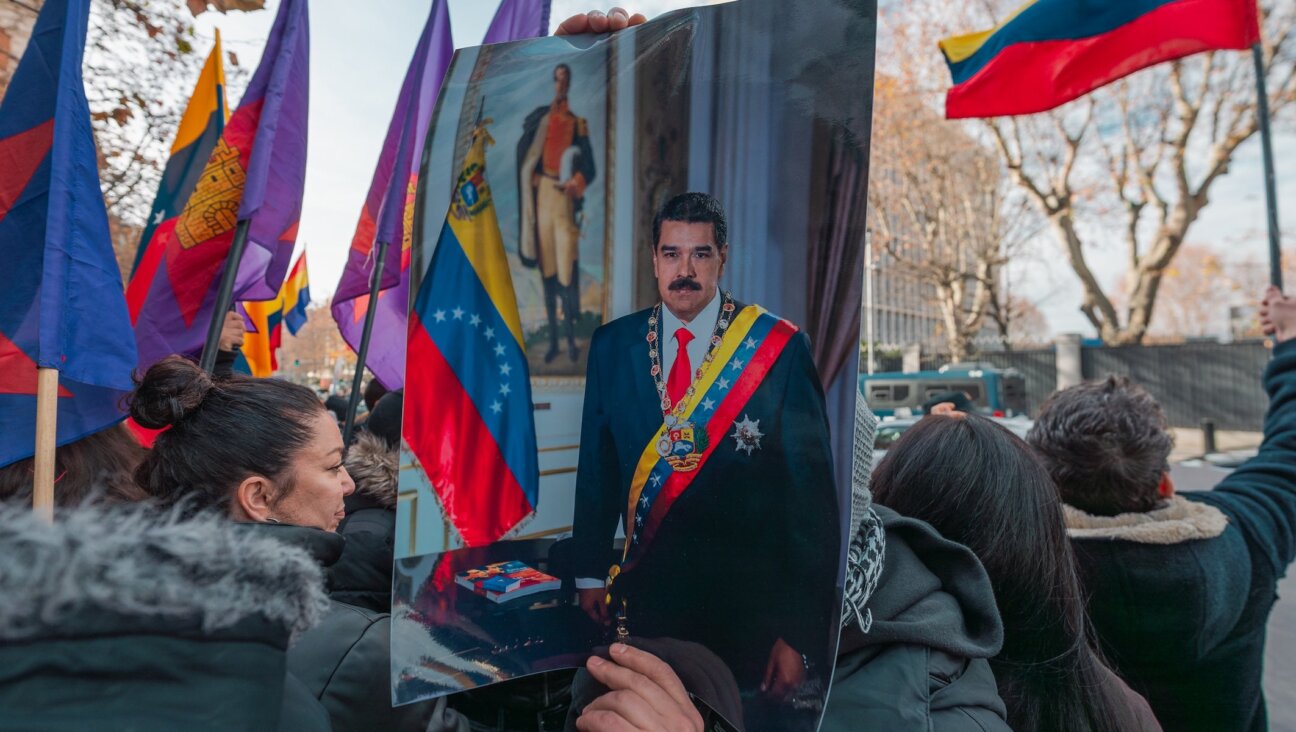Among the Tweeds and the Herringbones
19-34 category
Winner: Paul Fischer
Age: 32
As if I didn’t yet possess the language for silent prayer, I was dismissed from the temple sanctuary during the Amidah as a child. Perhaps it was an attempt to shield me from the vulnerable site of parents wrapped solely in prayers, muttering secret words meant to be heard by no one, and certainly not by me. Whatever the reason, I found my way on these occasions to the narrow hallway alongside the Sisterhood’s gift shop window. There on a door that swung open in halves from both top and bottom was a sign proudly declaring, “cloak room.” The cloak room: as if anyone wore a cloak in those days. But still it was a dignified title. And a promised land to an exiled child.
Walking between the tweeds, the herringbones and the ponchos, I’d quickly find my way to the gold. There amongst the fabrics hung a sight to behold: waist-, mid- and even full-length furs. Looking up at them from below, it was as if I stood before the Holy of Holies. The remnants of some ancient sacrifice neatly styled for the wife (or mistress, I would later learn!) of the Cohen HaGadol (high priest). And possessing neither dog nor cat at home, I took these sacred, silent moments to run my fingers through the soft warmth of those furs.
Later I would learn that my mother had a short black-and-white rabbit jacket, which my father bought for her early on in their marriage, long ago. Early enough that he didn’t yet know she wasn’t the type of woman to wear such a thing. And long enough ago for her to bury and forget it so deep in the closet, I would never find it. But here in the cloak room at Temple Israel, my hands passed between the furs as if they knew. Knew that something wild was lurking in this raiment of a safari. Something I would learn one night after a Broadway show.
Riding through Times Square in the car, my father mentioned the streets were full of hookers. Perhaps he was trying to spark my interest in women at a young age. It worked. “Which ones?” I asked, pressing my excitement against the door. Nose poking, as if it could pass through the glass. “In the fur coats,” he answered. The fur coats. My eyes scanned the street with a scouring delight. And there they were — virtually all around — yama, kedma, tzafona and negba. Furs lined every corner of the block. And as the car pulled away, I turned back to look with a smile, as if I already knew their forbidden feel on my hands. But the thought of these women and their coats drifted off with the lights as I dozed, exhausted, in the back of the car. Dozed and forgot what I had heard, what I had learned, until the following shabbes when the Amidah rolled around.
Gazing at the racks of mink, fox and sable that I’d been petting from the Beginning, I suddenly found myself knee-deep in Leviticus and questions. How was it possible that so many hookers worshipped at our shul? In a flash, I understood this was why I’d been sent out. Not to cast my eyes on the women of our congregation begging forgiveness from G-d, petitioning him to hide their secrets, like my mother’s buried fur.
Subsequent shabbeses found me eagerly present during the Amidah, eyes searching the congregation for a sign. Some wink or sideways glance, some animal hair shed on a skirt or jacket to indicate exactly who these women were. If only they’d draped their coats over the backs of their chairs like they did at Chinese restaurants, I wouldn’t have had to wait the several long years until my bar mitzvah to become a man. But then again, that would hardly be fitting for the wife (or even mistress!) of the Cohen HaGadol.















